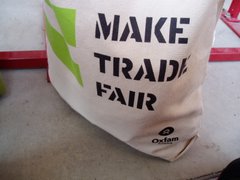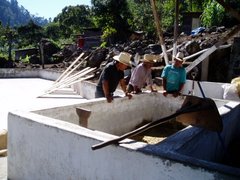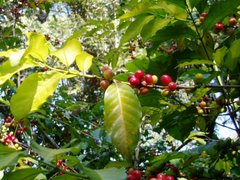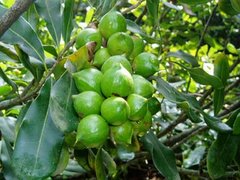
According to the Fair Trade model as it relates to coffee production, groups of small-scale producers or producer collectives, as new social movements and innovative participants in the global economy, are said to have the potential to move up the commodity chain and gain control over production and distribution of coffee in markets (i.e. extension of credit and technical assistance allowing for increased control and involvement in stages of processing before export). Hypothetically, this should put certain groups, namely cooperatives, in a position to contest the established regime and challenge elite control over production and social reproduction. Sustainable means of production (i.e. Fair Trade, organic and shade grown) establish new productive spaces that rely on non-governmental organizations (NGOs) to replace middlemen and act as social brokers for the guarantee of premiums paid to farmers and certification of Fair Trade criteria. In theory and in some instances, this provides conditions for a sort of assisted autonomy based on a peasant-centered, family-oriented approach that combines economic development with subsistence goals toward self-sufficiency and self-determination.






No comments:
Post a Comment